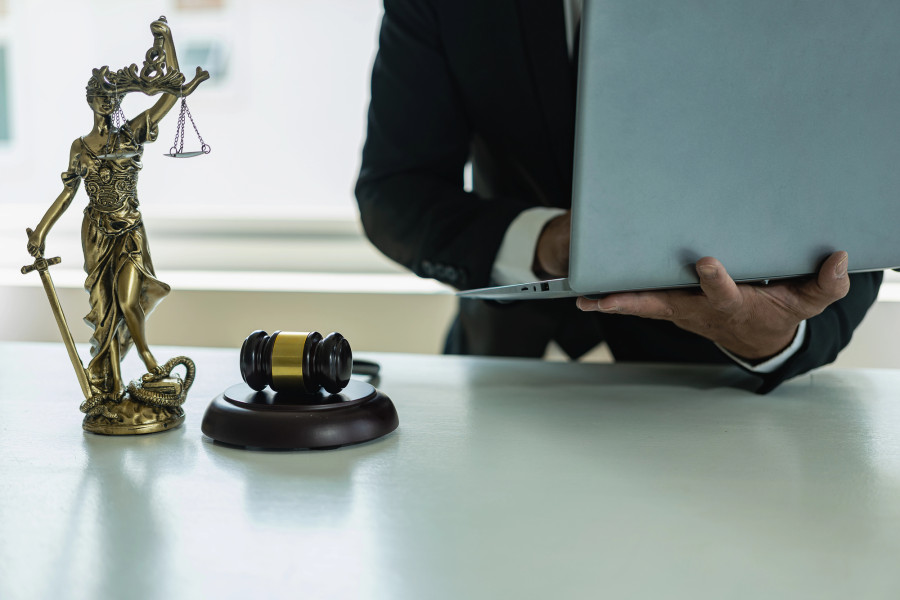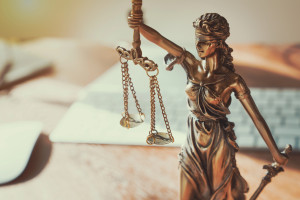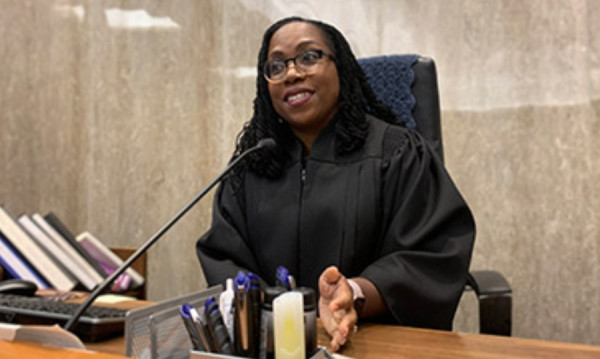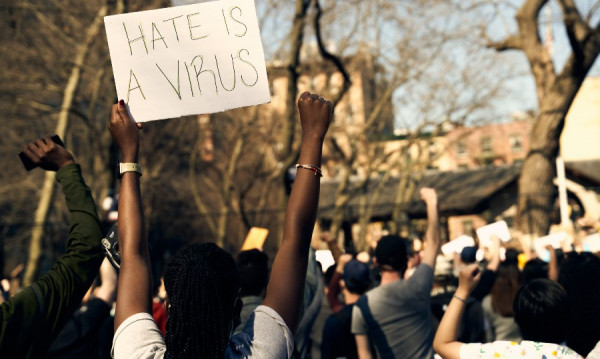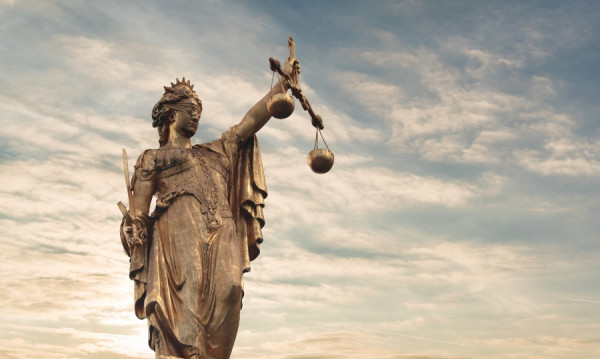Thus far we’ve addressed the various preliminary steps in the litigation process, namely the pleadings, examinations for discovery, motions, mediation, and pre-trial conferences. Today’s topic is the final step, namely the trial.
The purpose of trial is to achieve a final resolution of all matters in dispute. Therefore, proper preparation for trial is critical. At trial, the judge will decide the case based on the evidence submitted and the arguments made. The two main forms of evidence are witness testimony and documents.
PREPARATION FOR TRIAL
It is essential that all relevant documents be located and that copies be delivered to the opposing side well before trial. If you have not done so in accordance with the court rules, important documents that prove your case could be excluded from evidence at trial. This means that the judge will not consider these documents in making his or her decision.
Each document must be identified by a witness. The witness will explain to the judge the meaning of the document and how it relates to the case. Additionally, there may not be documentation for all aspects of your case. Therefore, it is important to have witnesses available to testify in support of your allegations.
In most trials, the Plaintiff, who is suing, and the Defendant, who is being sued, will both testify as witnesses. You should contact anyone else who may have relevant knowledge to ask them to arrange to be available on the trial date. If a witness is not willing to testify, you can compel him or her to do so. However, before the trial, it is necessary to deliver a summons form and attendance money to the witness.
Organizing the evidence which you intend to present at trial requires considerable time. You should begin the process as soon as possible. You should also research previous cases similar to your case. It is important to understand the type of evidence the judge will expect you to provide to prove your case so that you can take the necessary steps to obtain this evidence.
OPENING STATEMENTS
The trial begins with an opening statement from each side. The Plaintiff has the first opportunity to speak, followed by the Defendant. The Plaintiff then has a brief opportunity to reply to issues raised by the Defendant. The opening statement usually summarizes the background facts. It is an overview of the “story” which the evidence you are going to present will tell.
WITNESSES
Once opening statements are complete, the Plaintiff will begin to present his or her evidence by calling witnesses to testify. Each witness is required to swear an oath or affirmation to tell the truth. Having done so, a witness can be criminally prosecuted for perjury if his or her evidence is later shown to be false. Once the Plaintiff’s witnesses have testified, the Defendant has an opportunity to call witnesses.
Each witness can also be questioned, or cross-examined, by the opposing party. Cross-examination can be used to demonstrate to the judge that the witness has not been truthful or to explore any weaknesses in the witness’s testimony.
CLOSING SUBMISSIONS
Once the witnesses have testified, closing submissions will be made by each side. Closing submissions summarize the evidence presented at trial and make legal arguments, based on earlier cases, about how that evidence should be interpreted. For example, if you are suing for negligence, your closing submissions should explain the requirements earlier cases have imposed for proving negligence and should explain how each of these requirements was met by the evidence presented at trial.
DECISION
Having listened to the evidence and heard the arguments made by each party, the judge will then make his or her decision. The judge may deliver this decision immediately following the completion of trial or may “reserve” the decision and send it to the parties in writing at a later date. In either case, the judge is required to give reasons to explain the decision. If the decision is unfavourable and the judge appears to have made an error in his or her reasons, it may be appropriate to appeal.
If you require assistance with a trial please feel free to contact us.
